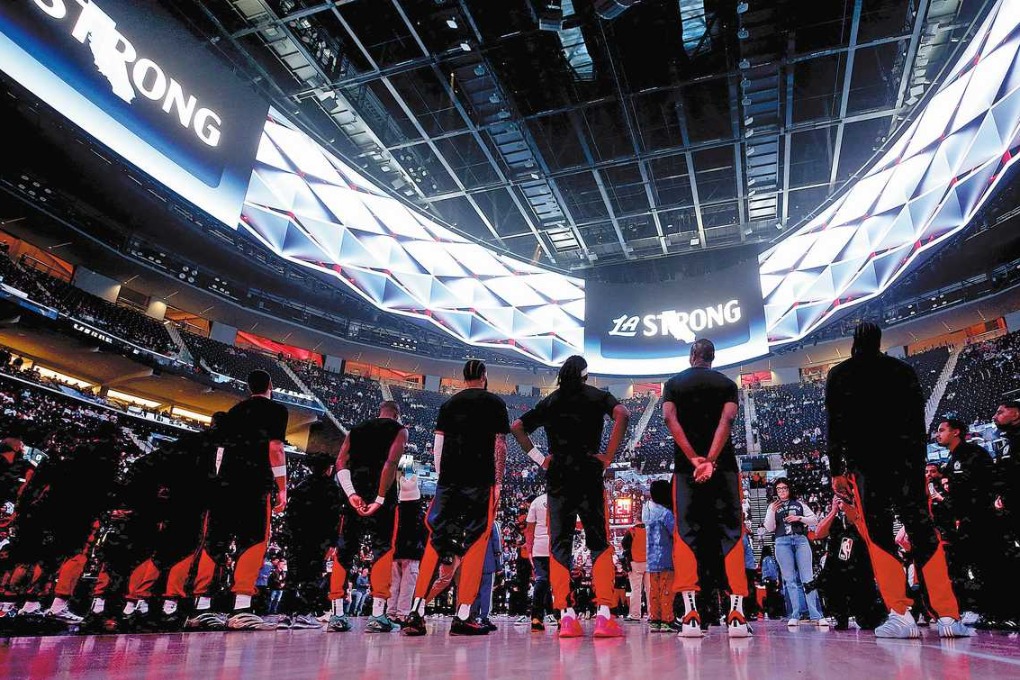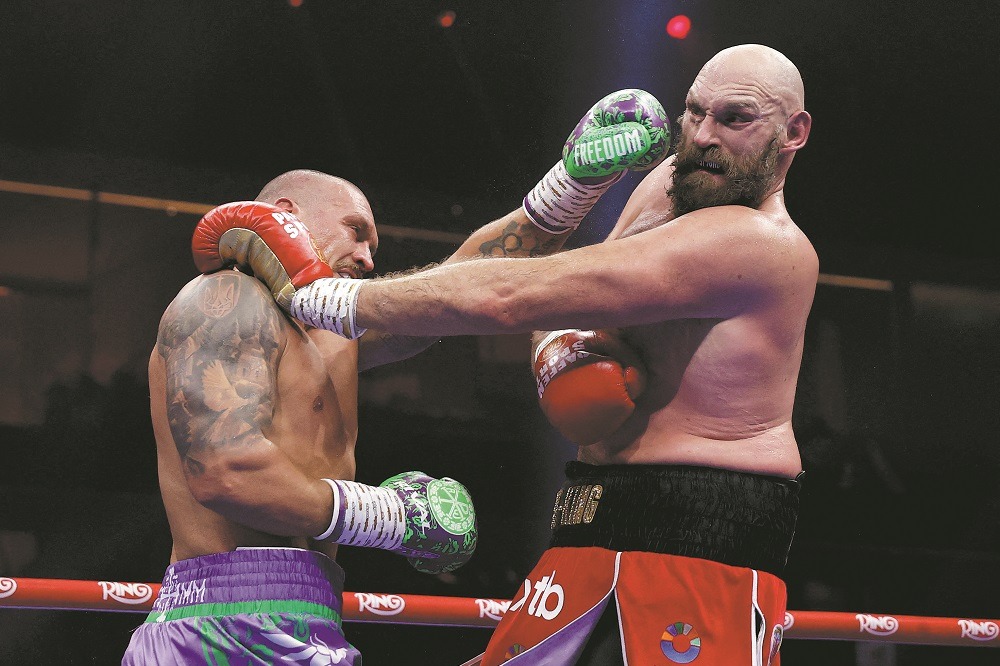Cuban coaching craft boosting Xinjiang's punching power


URUMQI — At a boxing ring nestled beneath the majestic Tianshan Mountains, Dagoberto Capote moved deftly, demonstrating swift punches to his Xinjiang disciples.
Despite being 56 years old, the Cuban coach radiated boundless passion and energy akin to that of a youthful boxer stepping into the ring for the first time.
Capote gestured enthusiastically, blending Chinese phrases like "jia you" (keep going) with Spanish, continuously encouraging his team to excel in every aspect of their training. Guided by his contagious spirit, the intensity of training escalated, fostering a fervent atmosphere.
"Passion runs in the blood of every Cuban, it's inherent in us," he said proudly. "A good coach not only possesses professional knowledge, but also knows how to keep the boxers passionate and positive throughout training."
During his fight career, Capote was a distinguished athlete and national champion. Upon his retirement, he moved into coaching, imparting his knowledge in Cuba, Venezuela, and now in China's Xinjiang Uygur autonomous region.
Last June, following numerous recommendations, Capote and his compatriot Luisbey Sanchez arrived in China to take charge of the senior and youth divisions of the Xinjiang boxing team.
The region has traditionally been a boxing stronghold, proving especially popular with youths of Kazakh, Uygur and other ethnic groups. Over the years, Xinjiang has produced many outstanding fighters such as Mehmet Tursun Chong and Tohtarbek Tanglathan.
Upon arriving in Xinjiang, Capote admitted that he felt a huge responsibility due to the region's illustrious boxing history. He has been impressed by the locals' raw talent but has introduced new training methods to refine their techniques.
"Our boxers have excellent physical attributes, but I focus on enhancing their skills to make them more well-rounded," he explained.
After each training session, Capote rewards his athletes with sweets as a fun way of motivating them.
His dedication has quickly paid off, with Xinjiang clinching three golds, one silver and one bronze medal at the national championship last December.
Living and working thousands of miles from his loved ones, Capote admits he is prone to occasional bouts of homesickness.
However, he has adapted to life in Xinjiang. Whether enduring the cold winter or sampling the local cuisine, Capote considers these experiences a unique chapter in his life. He constantly documents his travels across China by taking photos to share with his family.
The coaching staff and athletes have become his trusted "Chinese family". After nearly a year together, he treats his young charges like sons.
One night as Capote endured an acute bout of gastroenteritis, the athletes rushed to his aid to provide him with assistance.
"Coach is passionate in both training and life. I am grateful for the help he has given me," boxer Alikut Qahar said.
"Loneliness is inevitable, but I came to Xinjiang with a goal," said Capote. "Since everyone trusts me, I must do my best to help Xinjiang boxing achieve better results."
In recent years, Cuban boxing coaches have found ample opportunities to work in China. Besides the national team, provincial boxing teams in Henan, Shandong and Anhui provinces have also enlisted Cuban coaches. Therefore, he often encounters his compatriots at various competitions.
"Once we step into the boxing ring, we are opponents. But outside the ring, we become friends again," said Capote.
"I hope our presence can elevate Chinese boxing to the top tier globally," he added. "If possible, I'm willing to stay in Xinjiang to continue coaching indefinitely."
Xinhua
Most Popular
- Hero Esports Asian Champions League reveals games, $2m prize pool
- Some Paris Games athletes ask for medals to be replaced
- Musetti's man bun is gone, but he still wins by a hair
- Teen qualifier Fonseca 'wants more and more' after upset win
- Djokovic makes slice of history
- Devastating LA fires prompt hot debate on 2028 Olympics safety































